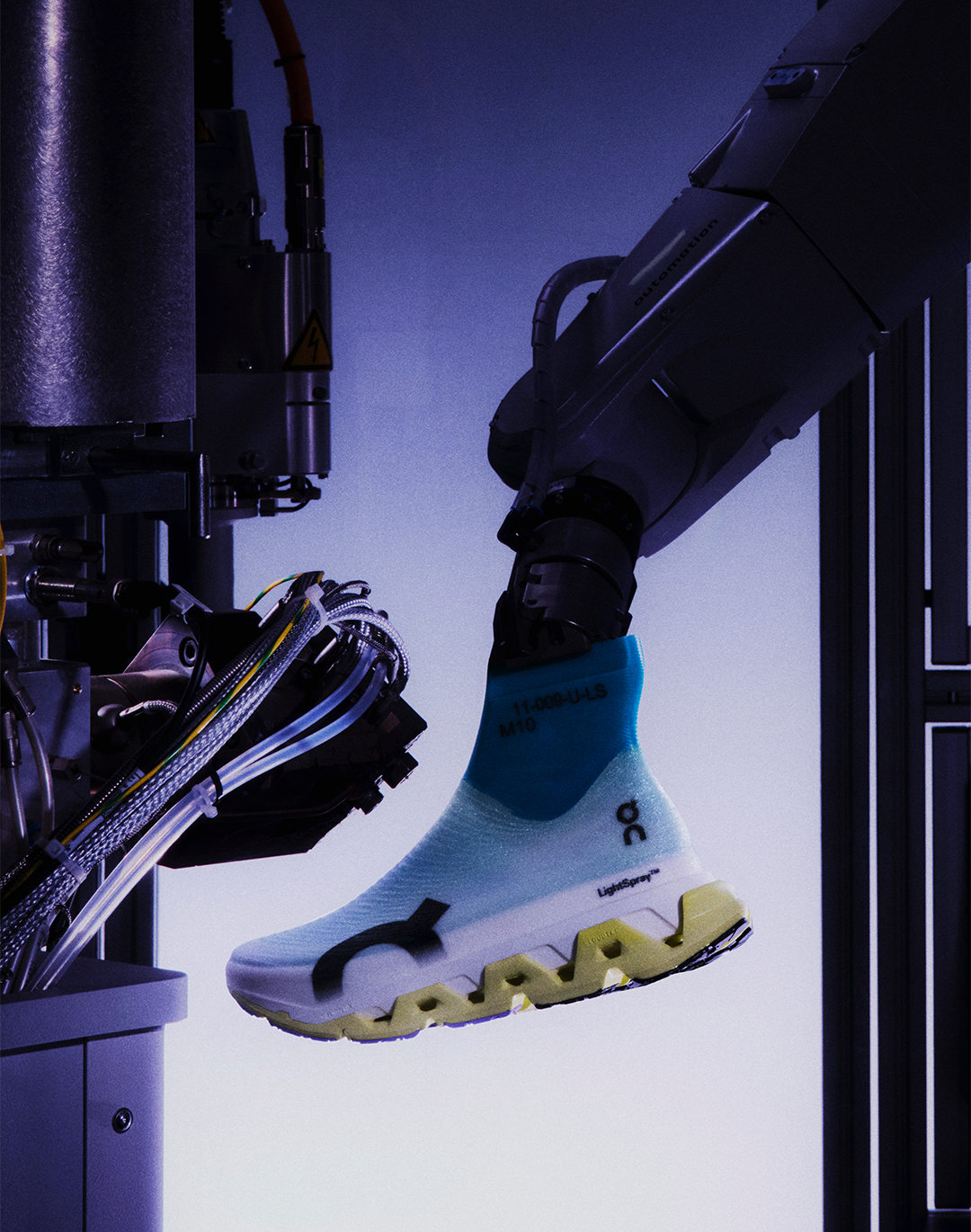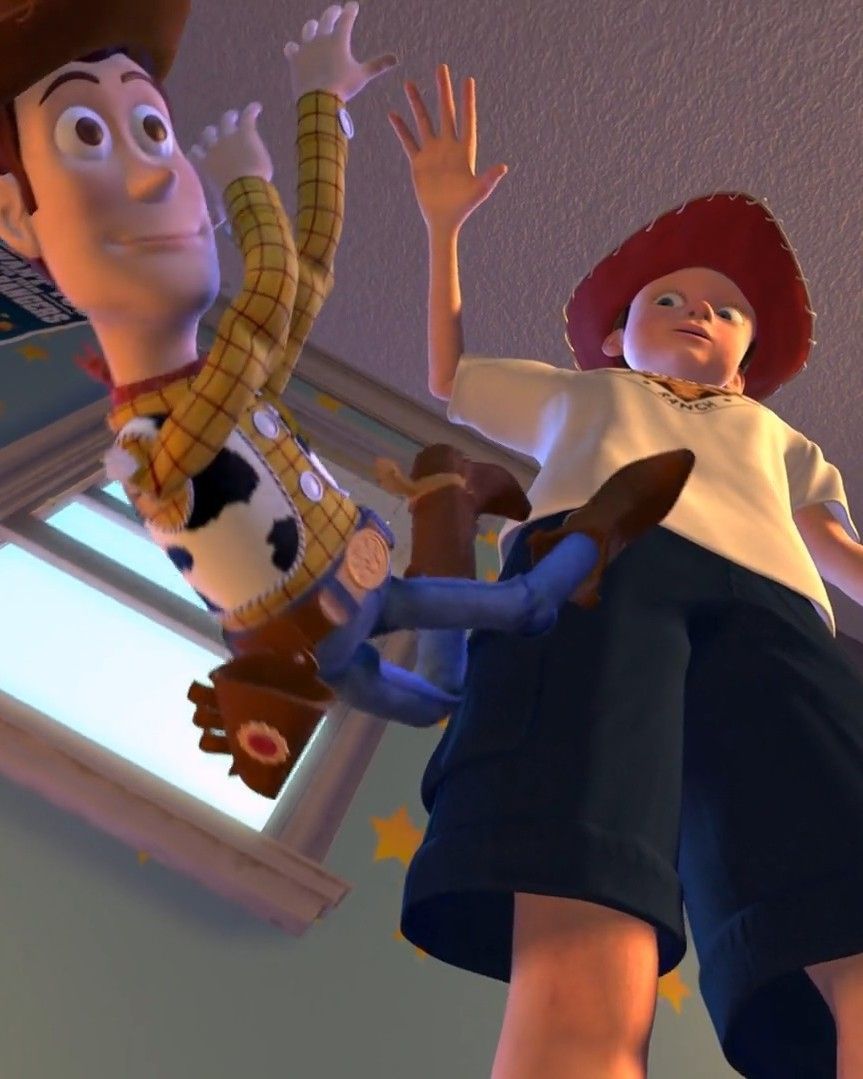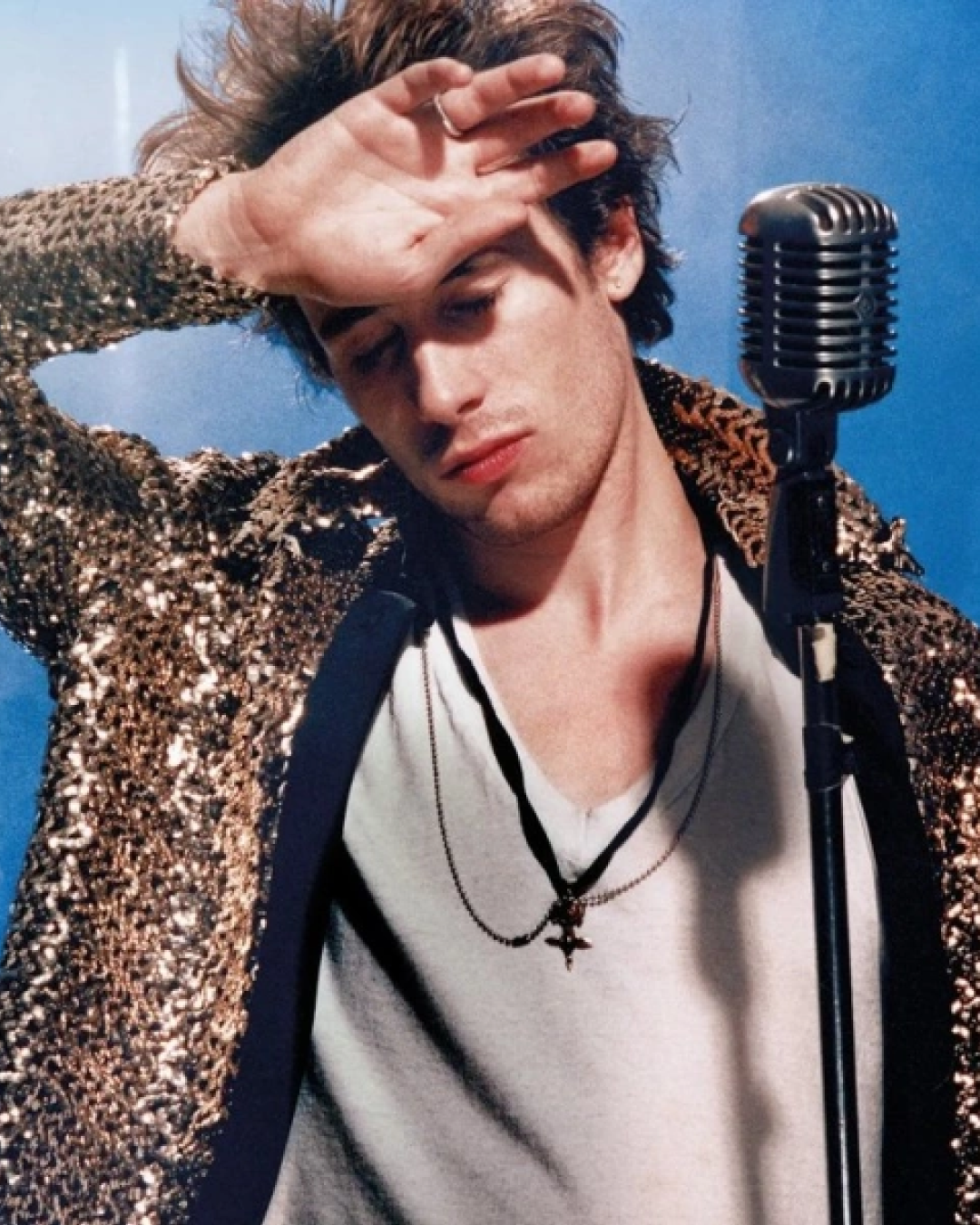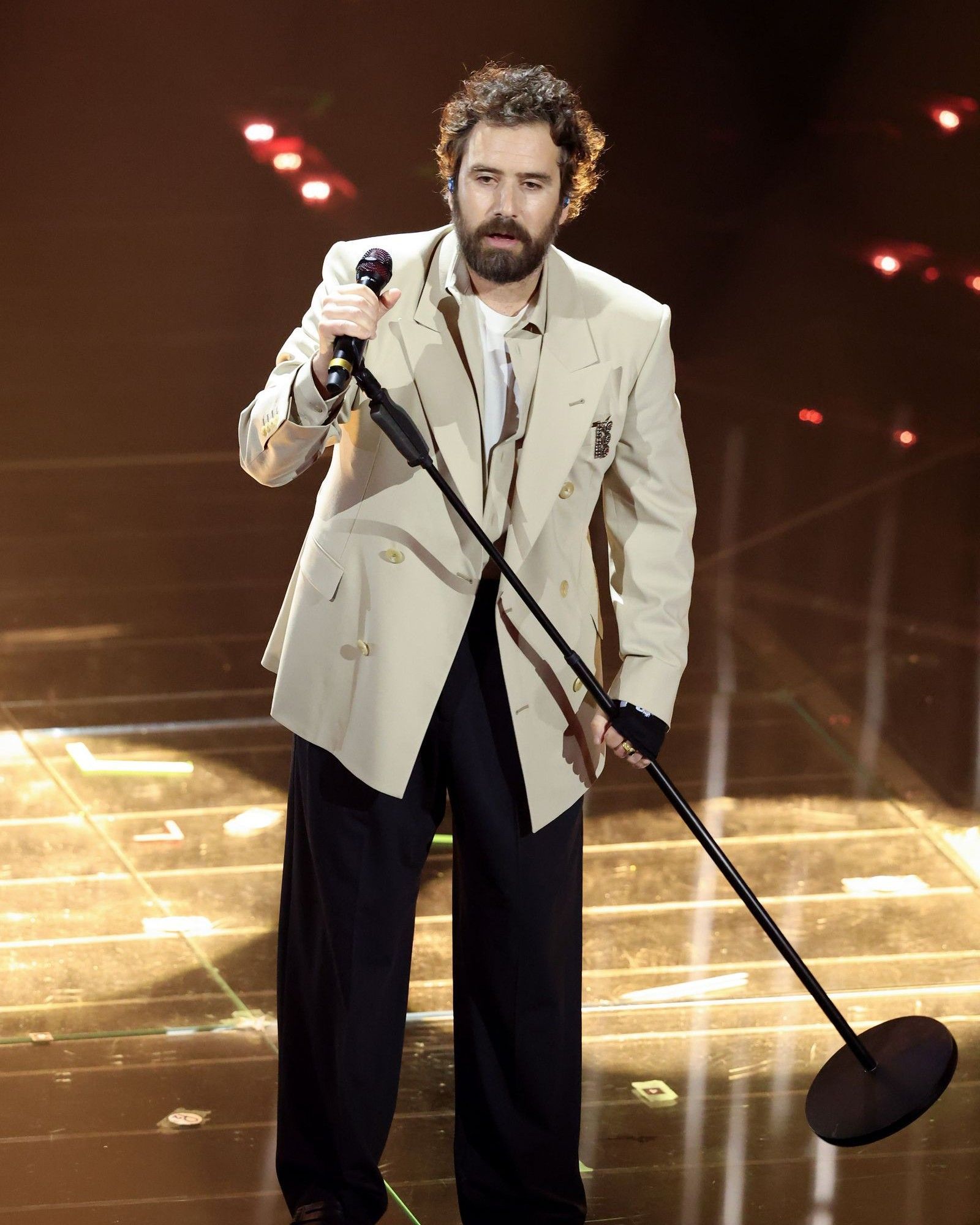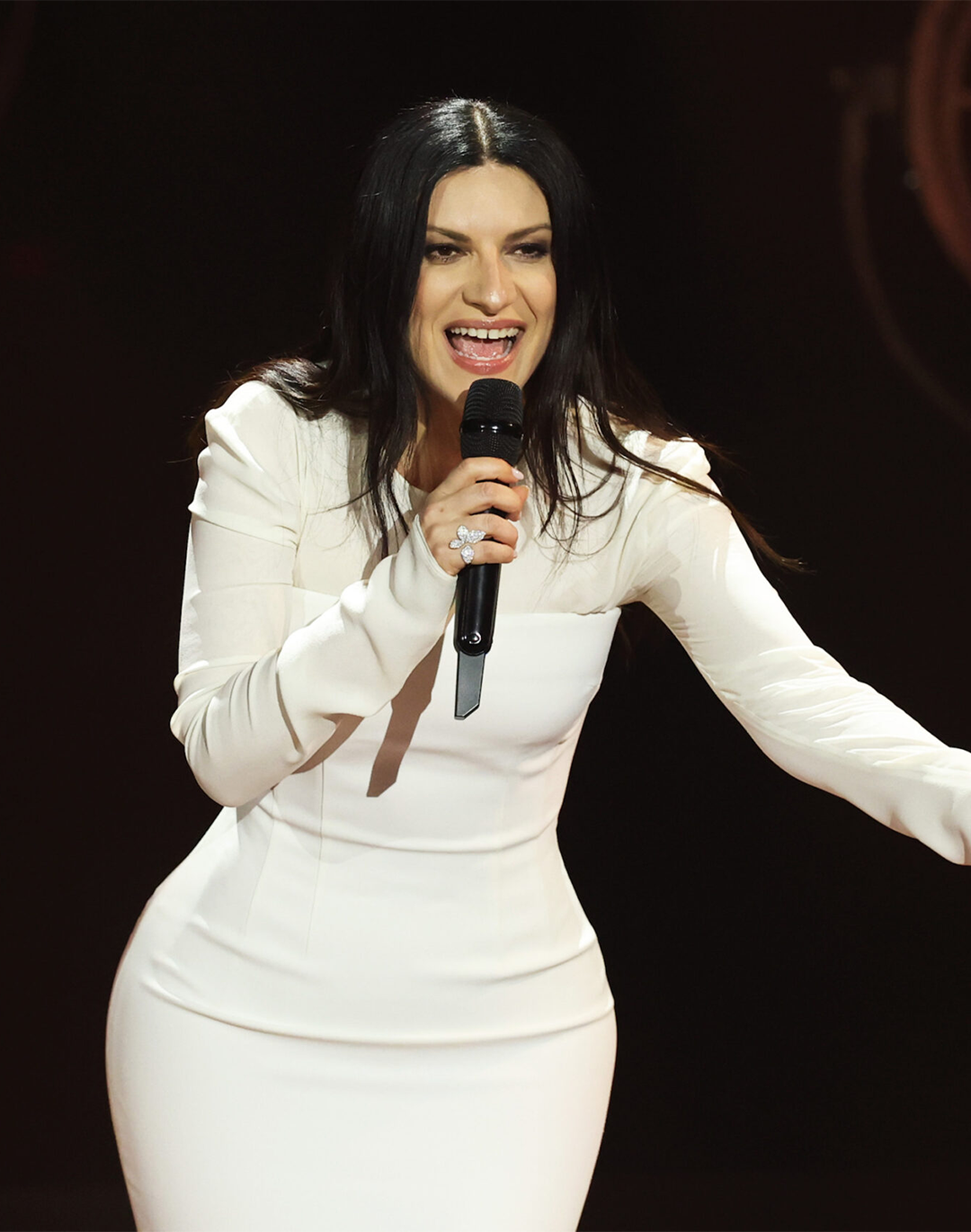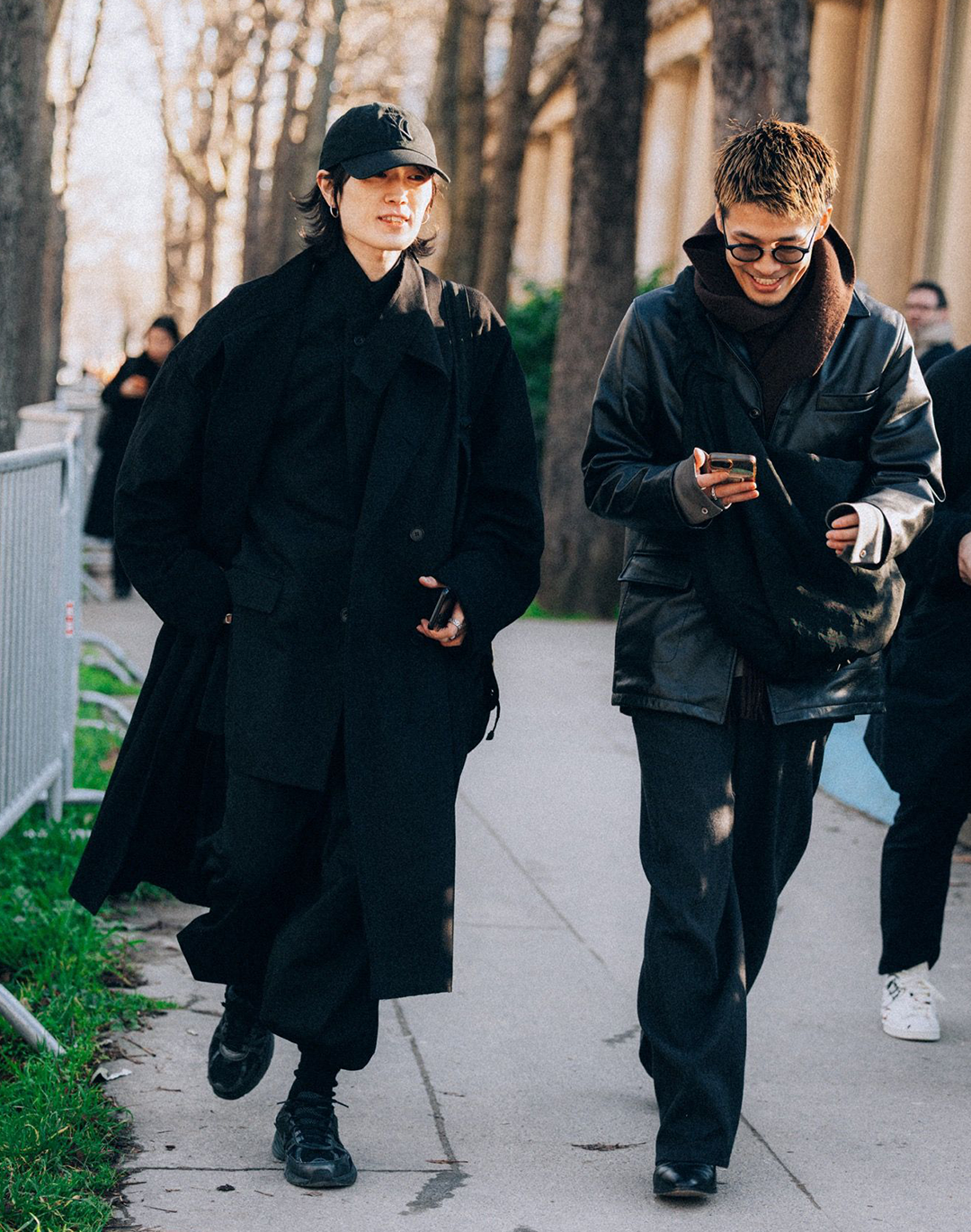
University professors are now using AI too Is academia as once we knew it doomed?
For those who went through university during the pandemic, it’s obvious how remote learning pushed even the sharpest minds of our generation to bend the rules. At the time, the most you could do was quickly Google an answer and hope the right one would magically appear, or maybe compare responses with a friend on WhatsApp during an online test. That’s partly why, in some universities, many professors caught on to this new trend and started allowing “open-book” exams, letting students use notes. It was a kind of unspoken understanding — even if you got caught, the consequences wouldn’t be as severe as a few months earlier, because we were students in an «unprecedented historical moment.» Today, things look very different. According to the annual survey by HEPI UK, 92% of students have used artificial intelligence in some form for academic purposes — a sharp increase from 66% the year before. Those who graduated pre-2023 often reflect that if we were students today, the quality of our education would probably be far lower than what we experienced just four years ago. And it’s not just about the fact that students everywhere seem hypnotized by the powers of ChatGPT — now even professors appear either captivated or overwhelmed by the promise that AI can make their professional lives easier. After the episode at Northeastern University, where a student discovered her professor using AI and demanded a tuition refund, the ethical dilemma surrounding AI in education has only deepened. As this kind of tool becomes more deeply embedded in university life, it’s hard not to ask: Are we witnessing the end of higher education as we knew it? Or is this just the latest tech revolution we’ll eventually learn to live with?
it feels so dooming as a university student to hear all my peers say they’re using chatgpt to write their assignments and summarize readings for them. pic.twitter.com/EnyikzbmjK
— (@sainzastri) March 27, 2025
Over the past two years — or at least since ChatGPT became publicly accessible — AI has become an essential part of student life. According to a report by New York Magazine, by January 2023, just two months after OpenAI launched its language model, nearly 90% of American college students had used the chatbot to help complete assignments. Since then, the trend has only grown stronger. Most commonly, students use it to summarize texts, break down complex ideas, or generate research prompts — but around 18% admit to pasting AI-generated text directly into their essays. And it’s not just liberal arts students: those in STEM programs (science, technology, engineering, and mathematics) now regularly rely on tools like ChatGPT, Google Gemini, or Anthropic’s Claude to automate data analysis, complete programming assignments, or solve technical problems — tasks that, in theory, should form the core of their knowledge. The trend is all over social media, too, where countless students boast about cruising through college not thanks to studying, but thanks to a sea of digital shortcuts. As one student from Utah told New York Magazine, «College is just how well I can use ChatGPT at this point.»
asked my professor a question and he said “ask chatgpt it pretty much made this whole lecture” pic.twitter.com/LwNGaFIMpq
— amira (@slaysrexic) April 25, 2025
Even though students are, more obviously, reshaping their academic lives around AI, they’re no longer the only ones. A few years ago, professors approached AI tools with disdain and skepticism, but their moral compass seems to have shifted. The academic world’s first reaction to generative chatbots was a mix of doubt and near-hysteria — and yet today, the landscape looks entirely different. According to a study by Ithaka S+R published in June 2024, around 75% of U.S. university faculty have already started incorporating AI tools into their teaching, at least in some capacity. According to interviews by the New York Times, many educators now use AI to streamline lesson planning, create quizzes, grade assignments, or generate slides and handouts more efficiently. In other words, AI is starting to function as a kind of automated teaching assistant, helping to reduce the bureaucratic and logistical load that often overwhelms academic staff. But students aren’t happy about it. Maybe it’s the perceived hypocrisy, or the fact that at private institutions, steep tuition fees are supposedly justified by the promise of high-quality, human-centered education. For many students, a curriculum mediated by AI feels less valuable, and their frustration is increasingly voiced both within universities and across the internet. Sites like Rate My Professors are now filled with complaints about AI overuse in classrooms. On social media, students call out the irony of having their own essays, written without any AI assistance, flagged by detection software like Turnitin, which is often used by the same professors who rely heavily on AI to prep their lectures.
As with any emerging technology, concerns around artificial intelligence are fueled by a lack of clear regulation. In the academic world, that gap is especially striking. According to a global survey by UNESCO, fewer than 10% of schools and universities have developed formal policies for the use of generative AI applications. This regulatory vacuum leaves both students and educators navigating a gray area, where the same tool can be seen as either innovation or misconduct, depending entirely on context. The bigger concern, unsurprisingly, is about future generations. As children grow up in classrooms increasingly shaped by AI, we’re already seeing significant declines in critical thinking, writing, and reading skills. As pointed out by TikTok user @hannamariaf, a former elementary school teacher, in her three years of teaching, she watched firsthand as technology steadily pulled kids away from the act of learning itself. Maybe the only answer is to go back to paper, pen, and inkwell — unless, of course, someone finds a way to automate those too.




